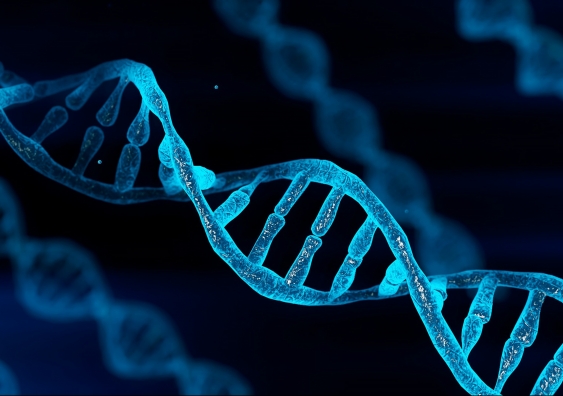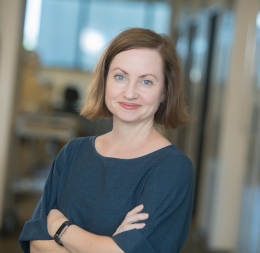Global study identifies genes that cause sarcoma
Understanding the genetic basis of sarcoma will allow earlier detection and better guide treatment.Â
Understanding the genetic basis of sarcoma will allow earlier detection and better guide treatment.Â

Research led by , the and UNSW Sydney has identified several new important genes that can cause sarcoma. The research has wide implications for people living with sarcoma and their families – allowing detection of the cancer earlier and potentially improving survival for patients.
Sarcomas are rare cancers arising in bone, muscle, fat, or cartilage. Often occurring in children and young adults, sarcomas make up about 20% of the cancers diagnosed in people under the age of 20.
To date, there has been little research into the genetic basis of sarcomas.
Read more:Â
Published this week in , the study has found a gene carried by one in 14 individuals diagnosed with sarcoma, which explains why the cancer arose. In addition, the research team identified a previously unrecognised genetic pathway specific to sarcomas.

Dr Mandy Ballinger is Group Leader of the Genetic Cancer Risk Group at the Garvan Institute of Medical Research and Conjoint Senior Lecturer at UNSW Medicine & Health. Photo: the Garvan Institute of Medical Research.
“The findings uncovered by this research are so important, because by understanding how individuals develop sarcomas, we move closer to earlier detection and better treatments,” said first author Dr Mandy Ballinger, Group Leader of the at the Garvan and Conjoint Senior Lecturer at UNSW Medicine & Health.
The research used data collected from the International Sarcoma Kindred Study (ISKS) and the Genetic Cancer Risk in the Young (RisC) studies. The ISKS, established in Australia in 2008, is the largest sarcoma genetic study in the world, including more than 3,500 families recruited from 23 cancer centres in seven countries.
Professor David Thomas, CEO of Omico, Head of the at the Garvan and Conjoint Professor at UNSW Medicine & Health, co-led the research study.
 “Cancer is fundamentally a genetic disease, and genomics is the key to unlocking its secrets. This international collaboration has developed new methods for mapping the genetic basis for cancer and identified new heritable pathways that increase cancer risk,” Professor Thomas said. Â
“These findings fill important gaps in the missing heritability of cancer.”
With an increased understanding of the genetics involved in sarcoma risk, patients and their families can be more empowered. They can detect tumour occurrences much earlier, and make better, more personalised decisions about treatments.
Jonathan Granek, who was diagnosed with a sarcoma at 26 years of age, said that these new findings are important to sarcoma patients.
“Receiving a sarcoma diagnosis can be devastating,” Jonathan said. “This research offers hope to sarcoma patients, because it increases the chance of a diagnosis at an early and curable stage.”